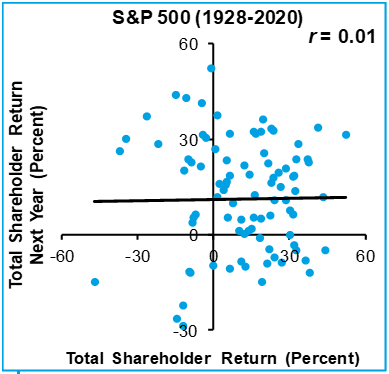My end of week morning train WFH reads:
• Tech Traders Unwind Hedges and Get Back to Pummeling Risky Names Nasdaq 100 tumbles 2.6% as Fed’s signaled rate hikes sink in, one day before ‘triple witching’ options expirations. (Bloomberg)
• How Covid Changed the American Workforce Companies are racing to automate, as older workers and parents work less or quit. (Wall Street Journal) see also The Future of Work Is a 60-Year Career Humans may soon live to be 100, which likely means more years on the job. That could be a good thing, if we take the opportunity to redesign work. (The Atlantic)
• The best and worst places to live (if you only care about money). The conventional wisdom has long been that most workers — no matter their education or skills — should move to big metropolitan areas with lucrative, globally competitive industries, where they can get in on the action and climb the economic ladder. But there is another side to the equation: cost of living. Whether a place offers a good financial deal is like an arm-wrestling match between the income you can earn there and its cost of living. (NPR)
• Open-Air Shopping Centers Are Leading Retail Recovery Shopping centers are having a moment, propelled by increased foot traffic to grocery stores, curbside pickup and population shifts that favor suburban shopping. Landlords filled 17 million square feet of additional real-estate space in open-air shopping centers last quarter, a 49% increase from 2019. These shopping destinations include larger, open-air shopping complexes as well as strip malls, which typically feature an anchor store and several smaller stores or services like pharmacies and fitness studios. Grocery stores are often the anchor and help drive their success. (Wall Street Journal)
• Mark Zuckerberg Sells Stock Every Day as Billionaires Cash Out Richest Americans have sold $42.9 billion of stock this year; Google founders Brin, Page make their first sales since 2017 (Bloomberg)
• The true story behind the IBM Personal Computer: The industry-creating IBM Personal Computer 5150 turned 40 this year. To mark the occasion, we reveal the story of its birth – and destroy one long-running myth in the process (IT Pro)
• Can Indoor Farms Reach Skyscraper Height? A proposed Shenzhen skyscraper would include a 51-story hydroponic farm, as hopes grow that vertical farms can help address food insecurity. (CityLab)
• Postcards From a World on Fire Cities swallowed by dust. Human history drowned by the sea. Economies devastated, lives ruined. These 193 stories show the reality of climate change. In every country in the world. (New York Times)
• A behind-the-scenes look at PolitiFact’s ‘Lie of the Year’ PolitiFact editor-in-chief Angie Drobnic Holan shares why lies about Jan. 6 are this year’s pick for ‘Lie of the Year.’ (Poynter) See also Fox News’s shaky veneer collapses Text messages the Jan. 6 committee received from Mark Meadows included appeals from several Fox News hosts, including Sean Hannity and Brian Kilmeade, warning Meadows Jan 6 rioters were “destroying everything you have accomplished.” This ended the ability for Fox News to credibly claim that its approach to its coverage is objective. (Washington Post)
• The Rowdiest Kayak Race in America (Spectators Included) In the whitewater mecca of Asheville, North Carolina, the first Saturday of November belongs to the Green River Narrows Race. First established 20 years ago by a group of 16 hard-charging locals, the race has grown into one of the country’s most competitive and respected, with the biggest names in the sport returning year after year to battle it out. There’s no money on the line and no barrier to entry. But it’s been called the Super Bowl of Kayaking. (Outside)
Be sure to check out our Masters in Business interview this weekend with Michael Mauboussin, who runs consilient research at Morgan Stanley’s buyside firm, Counterpoint Global. Mauboussin (and his co-author, Alfred Rappaport ) revise and update their book Expectations Investing: Reading Stock Prices for Better Returns.
What the stock market does this year tells you nothing about what it will do next year

Source: @mjmauboussin
Sign up for our reads-only mailing list here.

